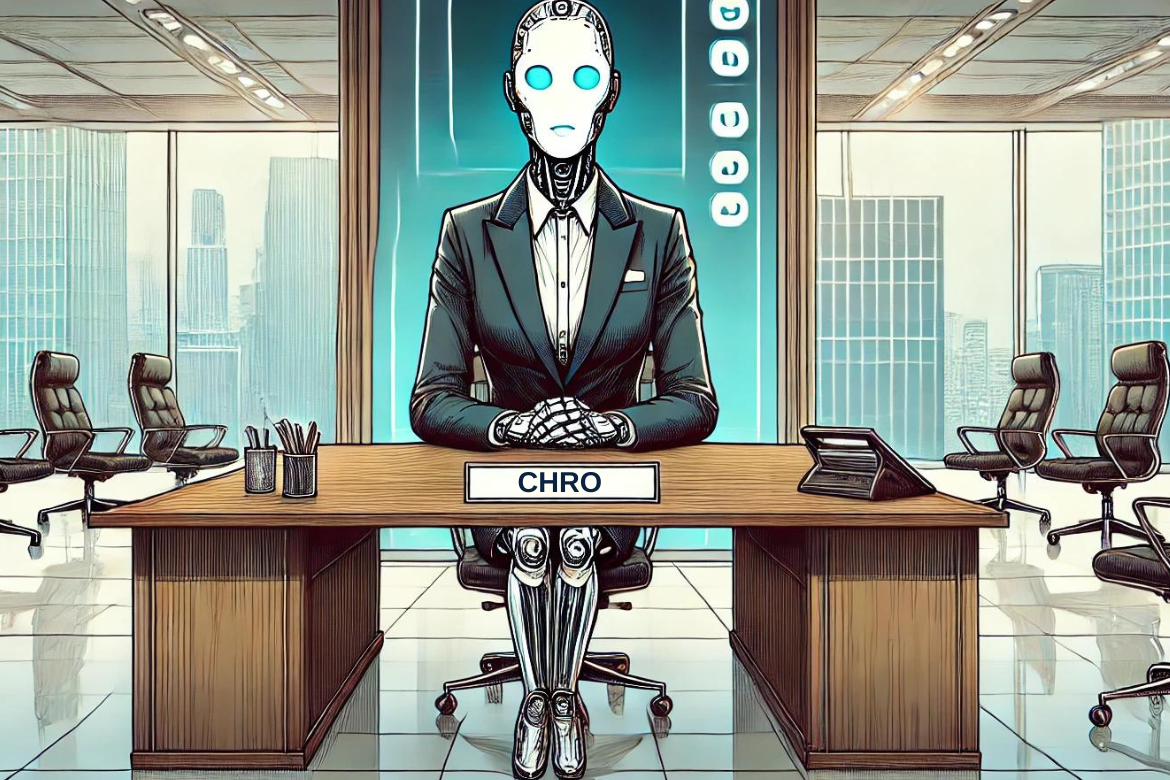With all the rage, debate, and discussion around Generative AI (GAI), for this month, we wanted to take a look at how AI is and will continue to impact the function of HR in the new world of work.
What we know thus far, is that GAI is here to stay. Accordingly, we need to find the right ways to leverage this disruptive innovation to benefit both the organization as well as your HR team in particular.
In a study that looked at the impact of GAI on three key HR functions (Human resource business partners (HRBPs), learning and development (L&D) specialists, and total rewards leaders), Mercer found that while GAI may not cause job reductions, there is no doubt that HR professionals who use it will be more in demand than those who don’t.
Mercer’s study found that 58% of employers plan to use GAI in the three HR areas listed above by June 2024. And while 76% think it will boost efficiency, it’s more than a cost savings play. By democratizing knowledge and creativity, GAI enables innovation, complex problem-solving and higher-quality work.
HR functions in most organizations remain under-resourced. Coupled with the fact that many organizations are waking up to and realizing the importance of the hybrid work of world, (which has emerged more definitively post-pandemic), the introduction of GAI could not have come at a better time.
Embracing GAI and deploying it to undertake clerical, administrative, and manually intensive work, as well as functions such as research and analysis, allows your organization to ensure your lean HR team is operating at an elevated level with an increased focus on the overall business, which is not only highly advantageous, but imperative in this hybrid world of work. Undoubtedly, this will require training and upskilling your HR teams on GAI, but that will represent a small investment against the Return On Investment (ROI) you will realize.
Instead of working on procedures and processes, your HR team can take the data and insights from GAI and focus on how to drive impact in your organization that is not only high value and tied directly to business goals and performance, but ethical and responsible as well.
Issues around workforce resilience and well-being, around the issues of Diversity, Equity & Inclusion (DEI)+ Reconciliation, around Environmental, Social and Governance (ESG), and around employee engagement and productivity, require big picture as well as both long and short-term thinking.
As indicated in last month’s post, the workforces of today and tomorrow are going to hold organizations way more accountable on walking the talk around mission, vision, and values, as well as on an appreciation of what the employees bring to the table. Loyalty will be fickle or even non-existent, and these upcoming generations will think differently about career growth and aspirations, more likely looking to fit the world of work into their ways of living.
And while the cost savings from fully adopting GAI in the workplace may be mouth and eye-watering, it would serve organizations well not to use GAI to replace HR. This would only serve to leave a massive void in employee engagement and well-being, as well as in retention and recruitment at a time when these are needed most.
Furthermore, there’s a need to find a balance on when to use GAI and where to draw the line. There’s leaning in and then there’s leaning in to fall over a cliff…there is a fine line between leveraging GAI and giving in to it – if it is the latter, we may unknowingly be making the phrase, “resistance is futile”, an actual reality…





